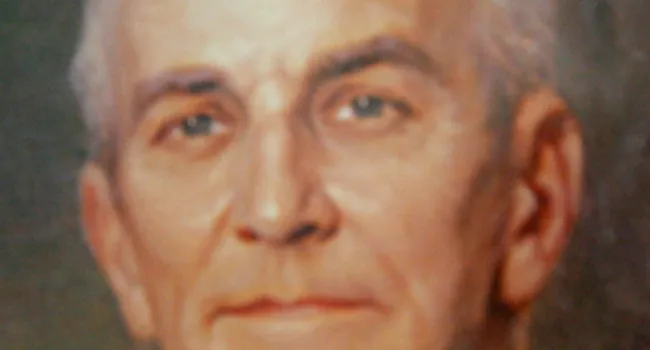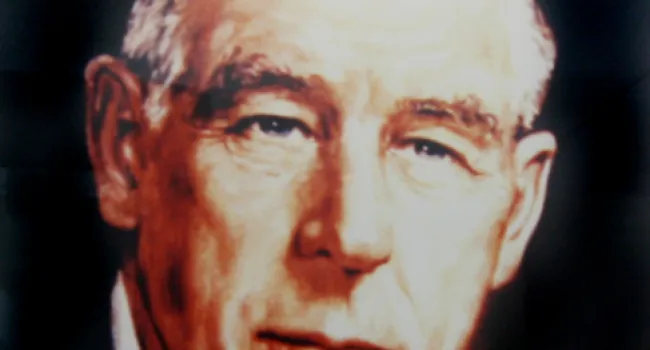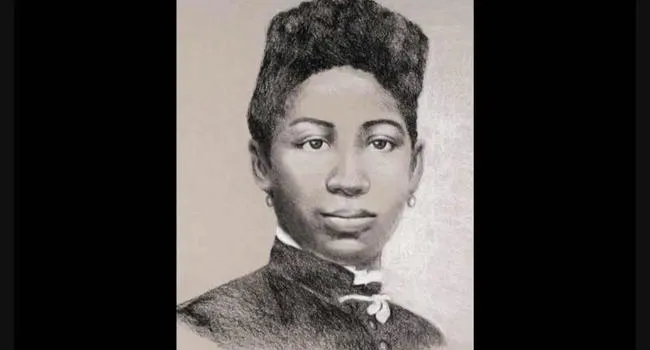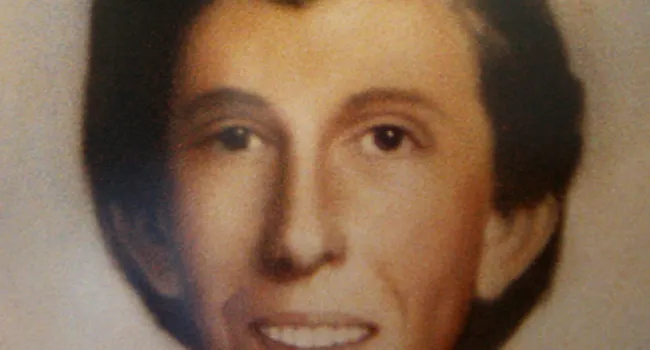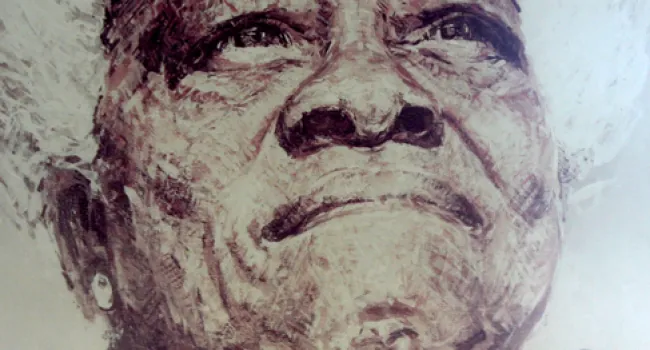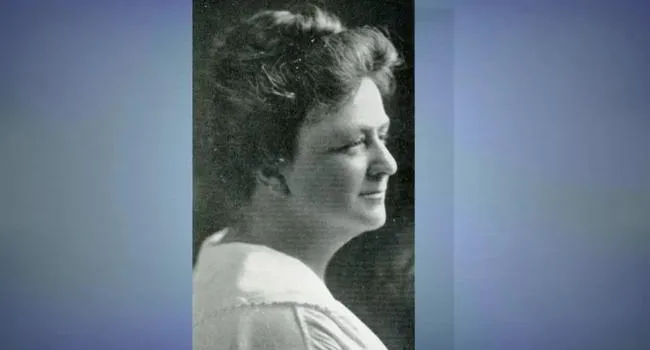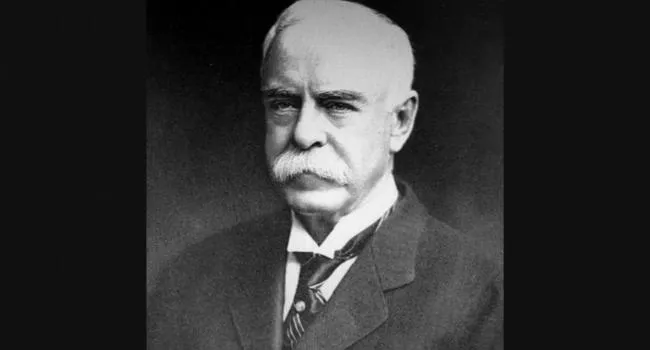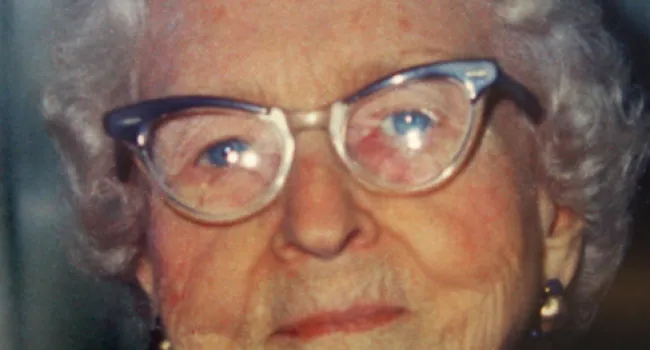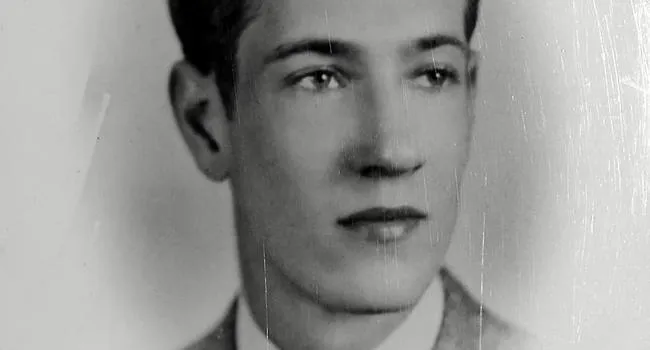Julia Mood was born in Laurens County on Halloween 1880. Her mother died when she was two years old. Julia, as a teenager, attended Converse College and received a Masters degree at an early age.
Julia moved to Fort Motte in Calhoun County to become a teacher. In 1903, she married William George "Willy" Peterkin, who was a rich cotton planter.
Lang Syne Plantation employed 400 mostly African-American workers. Julia began writing stories about life on the plantation, featuring realistic African-American characters. She sent these stories to H.L. Mencken and Carl Sandburg. They were interested, and the result in 1924 was her first book, Green Thursday.
Reviews were favorable. "She is a Southern white woman, but she has the eye and the ear to see beauty and to know truth." -W.E.B. Du Bois, The Crisis
Her next book, Black April, was the story of a plantation foreman, a powerful man taken down by the system. Black April's life ended sadly, and his last words are poignant, "Bury me in a man-sized box!"
Scarlet Sister Mary was her third published work, set on a rice plantation. It sold more than a million copies. In the spring of 1929, Scarlet Sister Mary won the Pulitzer Prize for Fiction.
But at this high point, there was a growing disconnect between Julia's celebrity as an author and her life on the plantation. On one hand, African Americans criticized her for writing about "people who can't escape her view," for "living a life she had no right to live." Whereas her friends and family thought she shouldn't be writing about the subject at all.
Bright Skin, in 1932, was Peterkin's last work of fiction. The desire of Cricket, the lead character, was to get away from the plantation.
In her later years, Julia Peterkin collaborated with photographer Doris Ulmann in Roll, Jordan, Roll, a paean to the Old South, to a way that is no more.
Julia Peterkin died in 1961.
Peterkin's other books were:
- Black April
- Scarlet Sister Mary (1929 Pulitzer Prize)
- Bright Skin
- Roll, Jordan, Roll (non-fiction)


